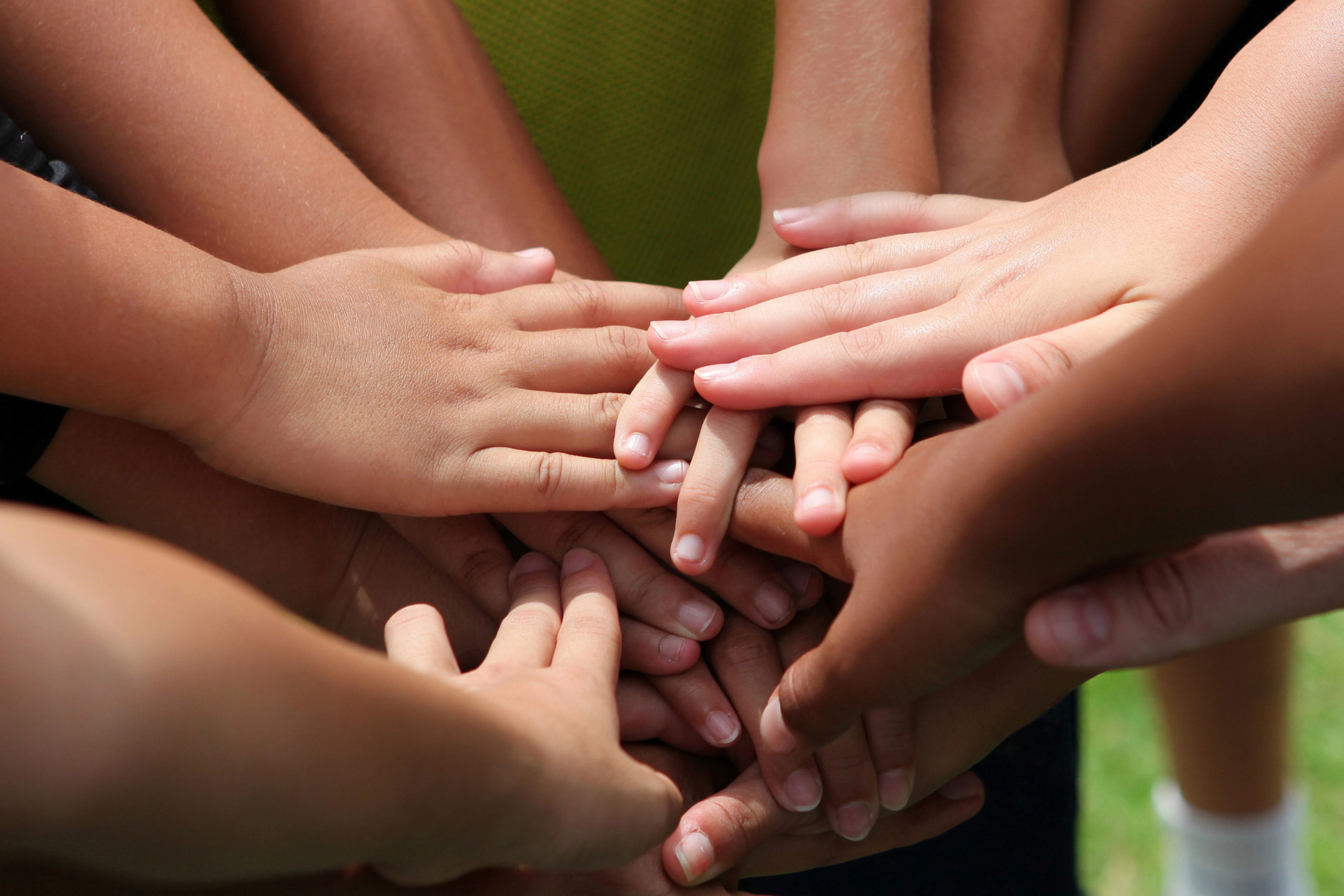Mission
Children are full legal persons. They have the right to express opinions, access education and live free from all forms of violence, exploitation, abuse and negligence. Children also have the right to have their best interests taken into consideration in all decisions that concern them. IBCR offers its expertise, particularly in the legal sector, to contribute to the protection and promotion of children’s rights in line with the 1989 United Nations Convention on the Rights of the Child (CRC) and its Optional Protocols.
As a centre for technical expertise on children’s rights, the IBCR aims to strengthen the capacities of people who work directly with children by sharing knowledge and best practices, as well as by developing tools and reference manuals.
The IBCR works with social workers, members of defense and security forces, officials in the judicial system, civil society groups, government agencies, and organisations in the formal and informal private sectors to help them implement child-friendly practices. The IBCR’s expertise also lies in raising awareness about children’s rights to persuade decision makers to adopt laws and programmes that more effectively hold the rights of the child.
Approaches
Children’s rights
Our human rights-based approach ensures that children, and particularly those who are the most vulnerable, are considered full citizens and not just beneficiaries with needs to be met. Based on the concept of empowerment, this approach also makes it possible to determine the obligations of governments and institutions that are responsible for taking action at the legislative, political, structural, cultural, economic and social levels.
Gender equality
With respect to gender equality and development, our approach aims at an equitable sharing of power between women and men, and between girls and boys. Through our activities, the IBCR fosters recognition of this equality and promotes participation of girls and women in the socio-economic and cultural development of communities.
Sustainability
Our sustainability strategy is based on building capacity among our partners. We develop our activities on a participatory basis in conjunction with local partners. We strive to integrate capacity-building processes within established educational frameworks and train local trainers to teach practical and evaluated courses on the rights of the child in a self-sustaining manner.
The Child Protection System
Around the world, each child lives within a protection system made up of girls and boys, and men and women, all of whom have a role to play and responsibilities to uphold in that protective environment. As defenders of their own rights, children are at the heart of this system, in which families, communities, the State and the international community all intervene, both formally and informally. Our approach involves assessing these various stakeholders, providing them with the tools they need and strengthening their capacities so that each actor—shopkeepers, grandparents, sisters, brothers, lawmakers, teachers, neighbours, police officers, lawyers, traditional or religious leaders, and journalists—can play a full role in protecting children and promoting their rights.





